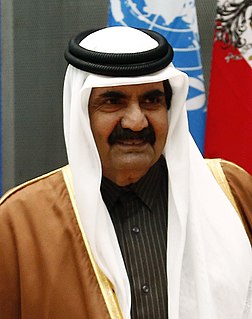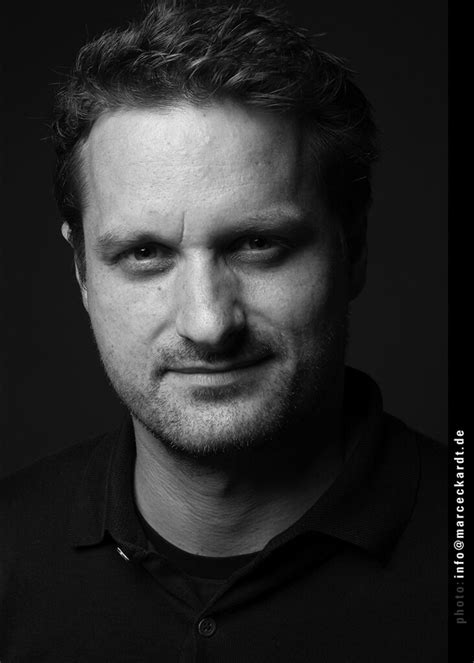A Quote by Lee Hsien Loong
Nowadays, however strong an economy is, not all roads will lead only there. There will be other links between countries in Asia, with America, with Europe, and China will fit into this global network.
Related Quotes
China, the world's most populous country, 1.3, 1.4 billion people, will in the next decade or so have to begin looking for people outside of China.What does this mean? China will have to become a much more welcoming society. It means that China will have to attract immigrants from other countries in order to slow the aging of the population.
Countries will cooperate with each other, and are more likely to cooperate with each other when they share a common culture, as is most dramatically illustrated in the European Union. But other groupings of countries are emerging in East Asia and in South America. Basically, as I said, these politics will be oriented around, in large part, cultural similarities and cultural antagonism.
Oil is a tangible commodity, so there is a global market. The fact that we may need less may affect the global price because we're big consumers: we probably take about a quarter of global demand. But if suddenly, let's just use a crazy example, fighting in the Middle East led to the closure of the Strait of Hormuz and no oil could get out through the Strait of Hormuz, well that would affect China, India, Europe, it will affect the whole global economy. It will affect us, too, then.
The median family income in the U.S. is lower than it was a quarter-century ago, and if people don't have income, they can't consume, and you can't have a strong economy. There's significant risk - actually it's no longer a risk - a significant likelihood of a marked slowdown not only in China, but also in a lot of other countries like Brazil, which is in recession. All of the other countries that depend on commodities, including Canada, are facing difficulties. So it's hard to see a story of a strong U.S. economy.
It will be interesting to see if Seoul's urban vocabulary of numerous, ever-present interactive screens will translate to other cities such as Beijing, London, and New York. It will also be intriguing to see if smaller cities and towns adopt aspects of Seoul's screen culture throughout Asia, Europe, and North America.
California will not wait for our federal government to take strong action on global warming. We won't wait for the federal government. We will move forward because we know it's the right thing to do. We will lead on this issue and we will get other western states involved. I think there's not great leadership from the federal government when it comes to protecting the environment.
A split between the U.S. and its traditional allies, if it becomes a permanent feature of the new global order, would lead to deeper fragmentation among the world's market-oriented democracies. That will surely shift the long-term balance of power in China's favor, as it moves steadily toward becoming the world's largest economy.


































